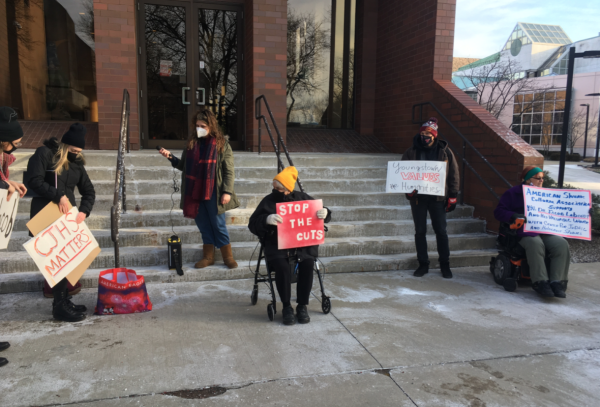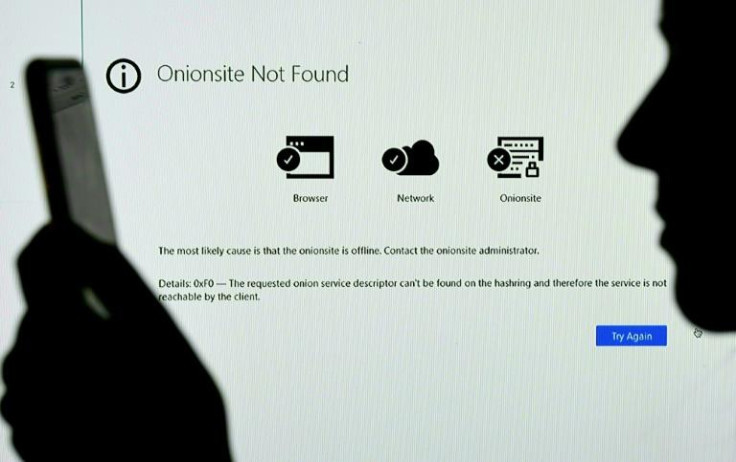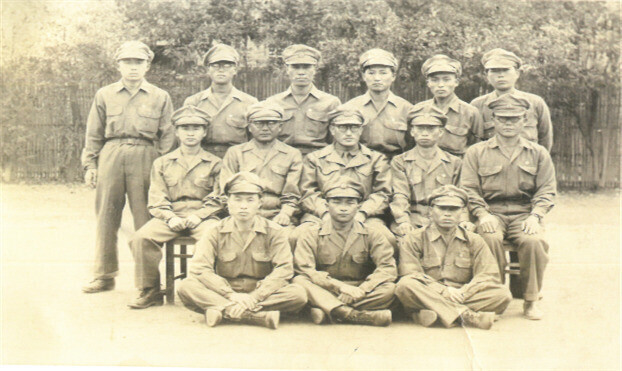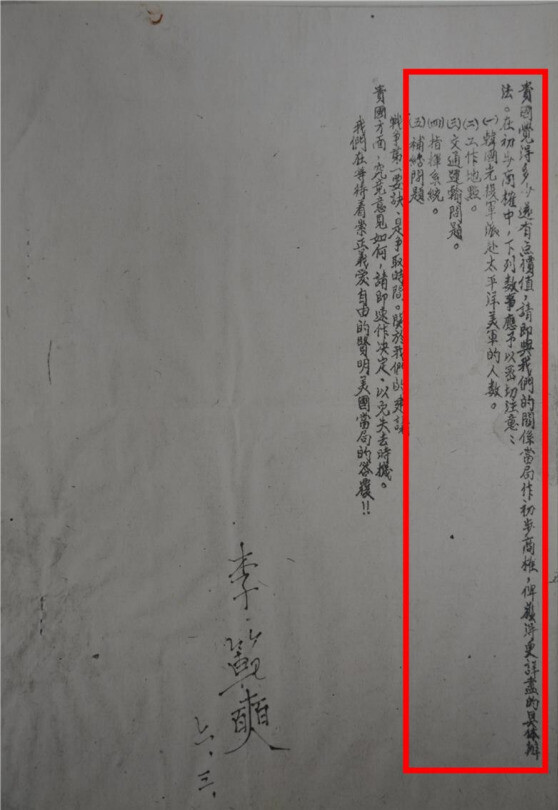Students and professors rally for the future of Youngstown State’s Jewish studies center amid budget cuts, saying its lessons are as important as ever.
By Colleen Flaherty
January 13, 2022

TWITTER/@YSUFACULTY
Supporters of Youngstown State University’s Center for Judaic and Holocaust Studies attend a student-led rally on campus Wednesday.
Students at Youngstown State University held a rally Wednesday in support of the campus Center for Judaic and Holocaust Studies. The center’s faculty director, Jacob Ari Labendz, will be laid off in May as part of a larger plan to cut YSU’s academic budget.
The university hasn’t said it will close the Holocaust studies center, which is endowed. But students, alumni and faculty and community members say it can’t function without a dedicated expert at the helm. Currently there are no plans to replace Labendz, the Clayman Assistant Professor of Judaic and Holocaust Studies in the history department.
“White nationalism and anti-Semitism remain a threat to minorities and to take away a resource like the CJHS, as well as Dr. Labendz’s expertise in the subject matter, is a direct threat to the safety of vulnerable populations in Youngstown,” says a petition delivered to YSU administrators during the rally, along with individual student letters of support for the center and Labendz.
The petition notes that a self-declared white nationalist threatened the Youngstown Jewish Community Center with gun violence in 2019 and was later convicted of the crime. It also says the campus center faced a separate, emailed bomb threat last year.
‘Holocaust Studies Matter’
“In a world still reeling from its legacy—and in a climate that weaponizes the memory of Nazism to make facile political and personal gains—Holocaust studies matter,” the petition says. “In a world where individuals try to deny or debate the Shoah as an actual historical event, Holocaust studies matter. In a time when religious and cultural minorities face growing threats from white nationalists, Holocaust studies matter. History begs careful and sensitive inquiry and, through its analysis, teaches lessons in the present day that matter.”
In addition to campus groups, organizations such as the American Historical Association, the Islamic Society of Greater Youngstown and the Youngstown Area Jewish Federation have asked the university to restore Labendz’s position.
The historians’ letter to YSU, for instance, says that the university “has so far made no announcement regarding how (or even if) it intends to continue the center or use its endowment. Given this center’s various roles within and beyond the university, diminishing its activities runs counter to YSU’s stated commitment to greater community engagement and to improving diversity, equity and inclusion.”
The letter also questions that the decision to shrink core liberal arts departments such as history, calling it an “especially odd move at a time when civic leaders from all corners of the political landscape have lamented the level of historical knowledge of American citizens. In addition, overwhelming evidence shows that employers seek the kind of skills a history degree can provide.”
Wednesday’s protest is one of several that students, alumni and faculty members have planned since YSU announced plans in November to lay off at least nine full-time professors, some of them tenured, and shutter 26 academic programs. YSU engaged with Gray Associates, a program evaluation and data analytics firm, prior to making these cuts, and has said that 10 affected programs “have no students and three others have just one. In all, about 90 students—less than 1 percent of all YSU students—are enrolled in the programs that will be eliminated.”
During the academic review, programs were grouped into five viability categories, from “Grow+” to “Sunset.” Labendz’s center wasn’t part of the review process, but history, his home department, was designated a “growth” category. It remains unclear to him and his supporters why he was targeted for nonrenewal.
‘A Detriment to the Students and the Community’
Mustansir Mir, a tenured professor of Islamic studies at YSU, also received a notice of retrenchment last fall. Mir did not immediately respond to a request for comment, but he is referenced in a joint open letter to YSU from two local Islamic and Jewish groups, which also expresses support for Labendz. The letter says Mir is the only full-time faculty expert in religion remaining in the department of humanities and social sciences after previous faculty departures and that his loss “will mean the end of the study of religious traditions around the world at YSU, something that clearly will be a detriment to the students and the community at large.”
Studying the historical lessons of the Holocaust is “equally as crucial,” the joint letter continues. “During these perilous, polarized times, where we are seeing a substantial uptick in anti-Semitism, Islamophobia, and political misappropriation of Holocaust history, it is more vital now than ever that a pedagogically qualified historian be present on campus to teach about and direct programming on this material.”
Labendz, who attended the student-led rally in support of the center, said, “I do understand that the people running the university believe, in good faith, in the very big decisions they’re making for the university. But I’m hoping they make different ones. And I’m hoping that they involve faculty in a more meaningful way, moving forward.” Most of all, he said, “I just hope that the center can keep doing its work. [The center has] been around for decades and I’d like it to be around for decades more, particularly given what we’re seeing in the political arena today, which includes but is not limited to what are apparently increased manifestations of anti-Semitism and Islamophobia.”
He added, “We’ve had incidents in Youngstown, and I think we need to be prepared to not only talk about hatred, but to talk about the communities that are being targeted and spread awareness of what they’re like, what they value and what their histories are.”
Labendz will have the opportunity to appeal his layoff, but he said he’s not yet sure how to fight for his position when he’s only ever received positive reviews and kudos. His contract ends May 15, but he said the university has already agreed to let him stay on until the end of that month to hold a center symposium he’s planning.
YSU says that cutting Labendz, Mir and other professors and programs is necessary due to decreased enrollment—some 11 percent over all in three years—and a projected $10 million structural deficit next year. The university balanced the budget this year due to an influx of COVID-19–related funding, but it says it can’t count on that kind of help in the long run.
“While these are difficult decisions, they are necessary to further position us for success in the post-pandemic era,” President Jim Tressel said in a statement.
The university hasn’t declared financial exigency, however, which is academe’s widely followed standard—based on American Association of University Professors guidelines—for eliminating tenured professors. At the same time it is making cuts to academics, the university is increasing funding for athletics by some $885,000 to add three new Division I sports, buying land around campus and considering building a new student center, according to the National Education Association–affiliated faculty union. The group has asked for an audit of university finances, thus far unsuccessfully.
Mark Vopat, professor of philosophy at YSU and faculty union spokesperson, said, “We’re not saying that some of these programs didn’t need to be pared down. Some of them were done.” Yet “there are all these other places in the university where we’re not clear where the money is going, or what kind of cuts are being made.”
More than surplus academics, Vopat said that YSU suffers from “a lack of vision … A budget isn’t a vision.”
“Some of this seems to be happening without a vision for what the university is supposed to look like or going to look like,” Vopat continued. “Something like Judaic and Holocaust studies, and Islamic studies, for that matter—these are important issues right now, right?”
Citing news about public figures comparing wearing face masks or getting vaccinated against COVID-19 to elements of the Holocaust, Vopat said students need to learn precisely why such analogies are misguided.
“These are things students should have access to.”



:quality(70)/cloudfront-eu-central-1.images.arcpublishing.com/thenational/CYLXI345QVAFRKCXWYNLMMP37U.jpeg)
:quality(70)/cloudfront-eu-central-1.images.arcpublishing.com/thenational/SIDX2XYVOJJX3J6TFBBFLPNBBE.jpg)
:quality(70)/cloudfront-eu-central-1.images.arcpublishing.com/thenational/2WGGXCQFKUO5XG7LX65ZYY4LQA.jpg)










